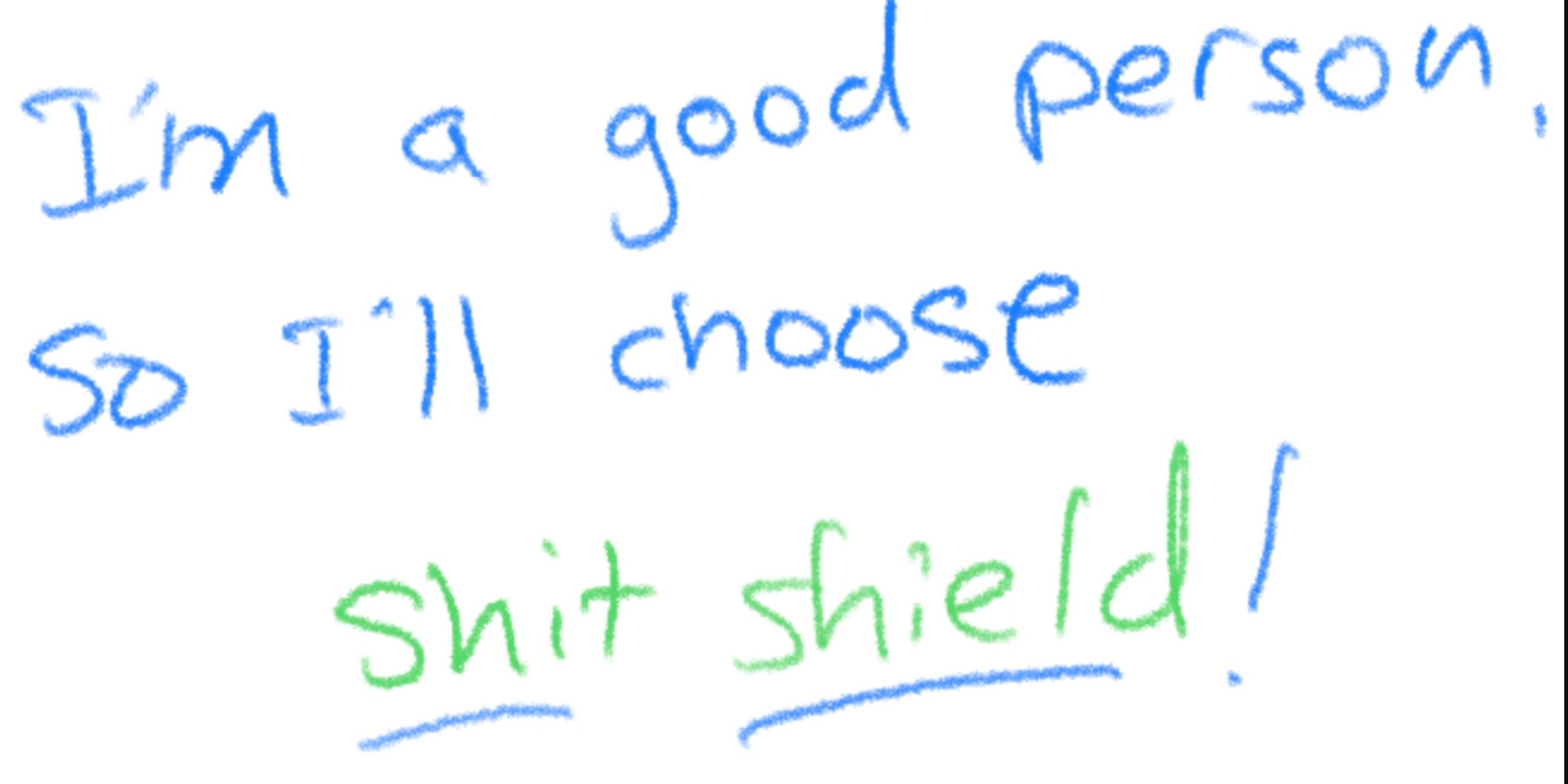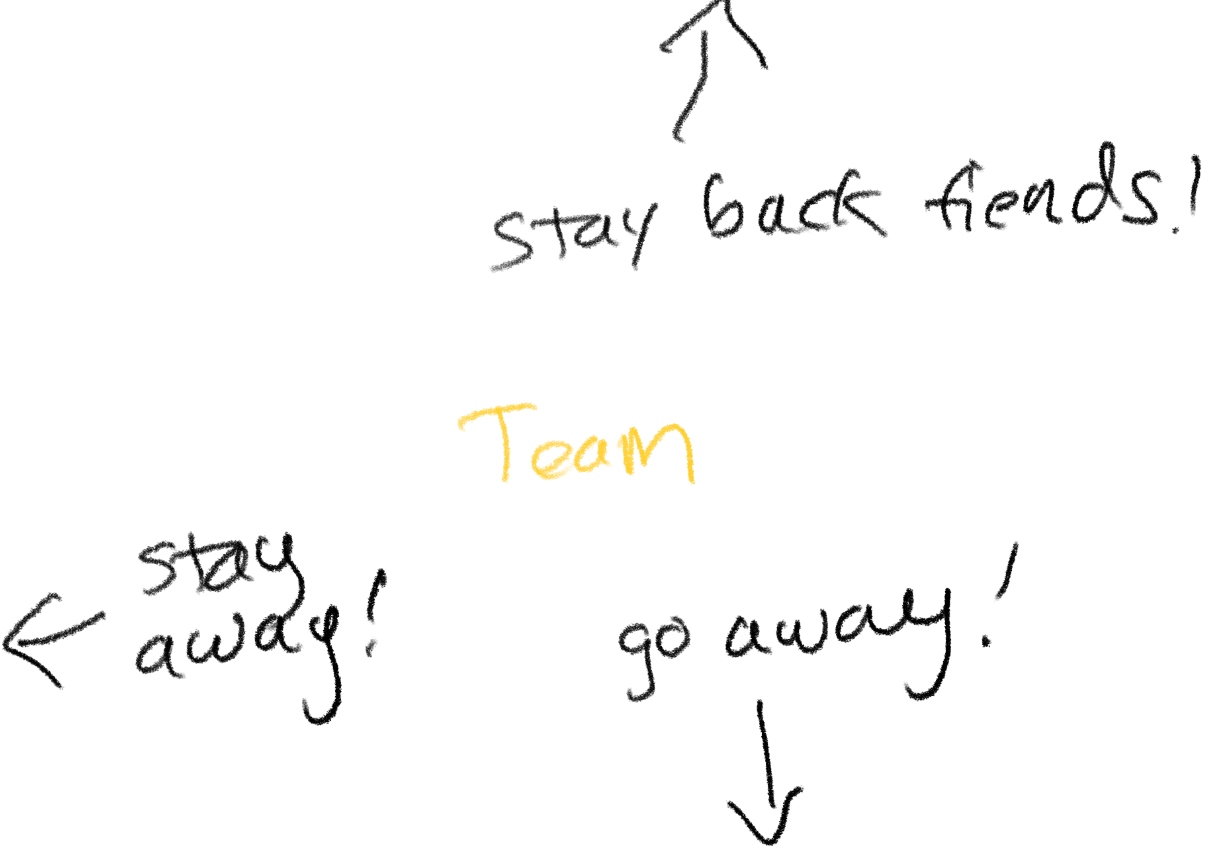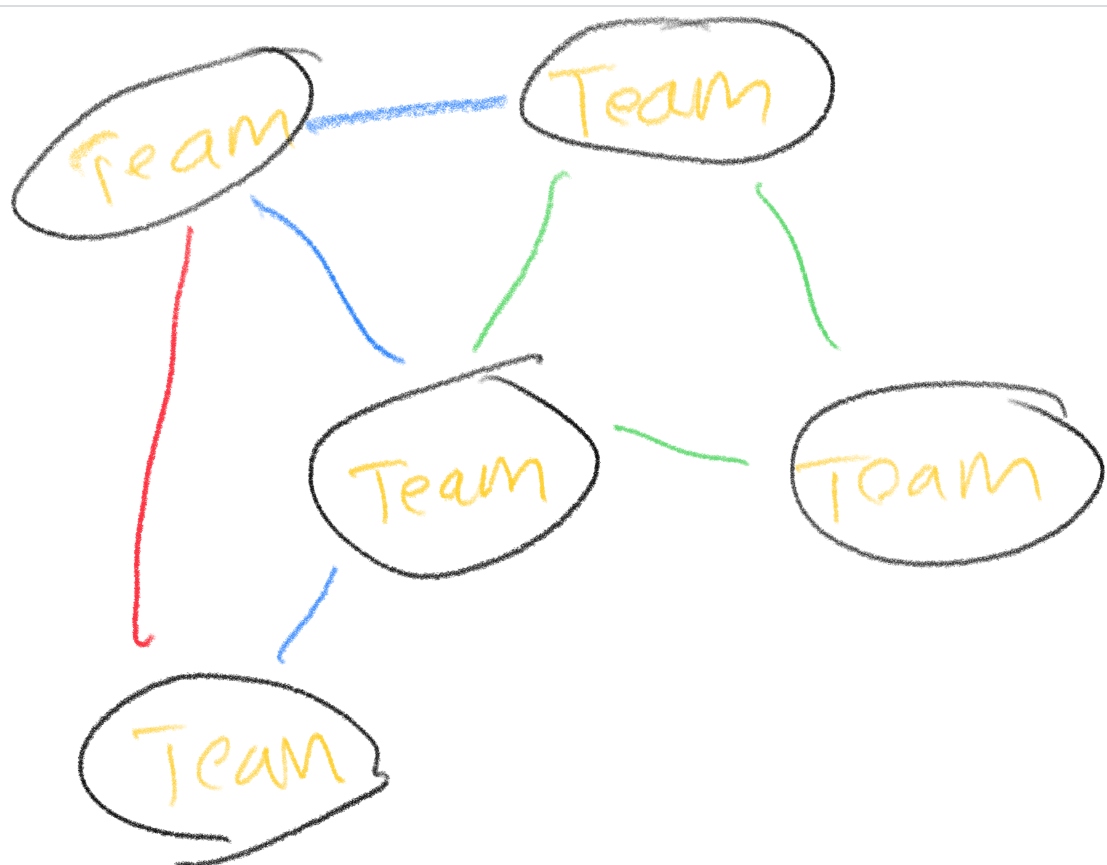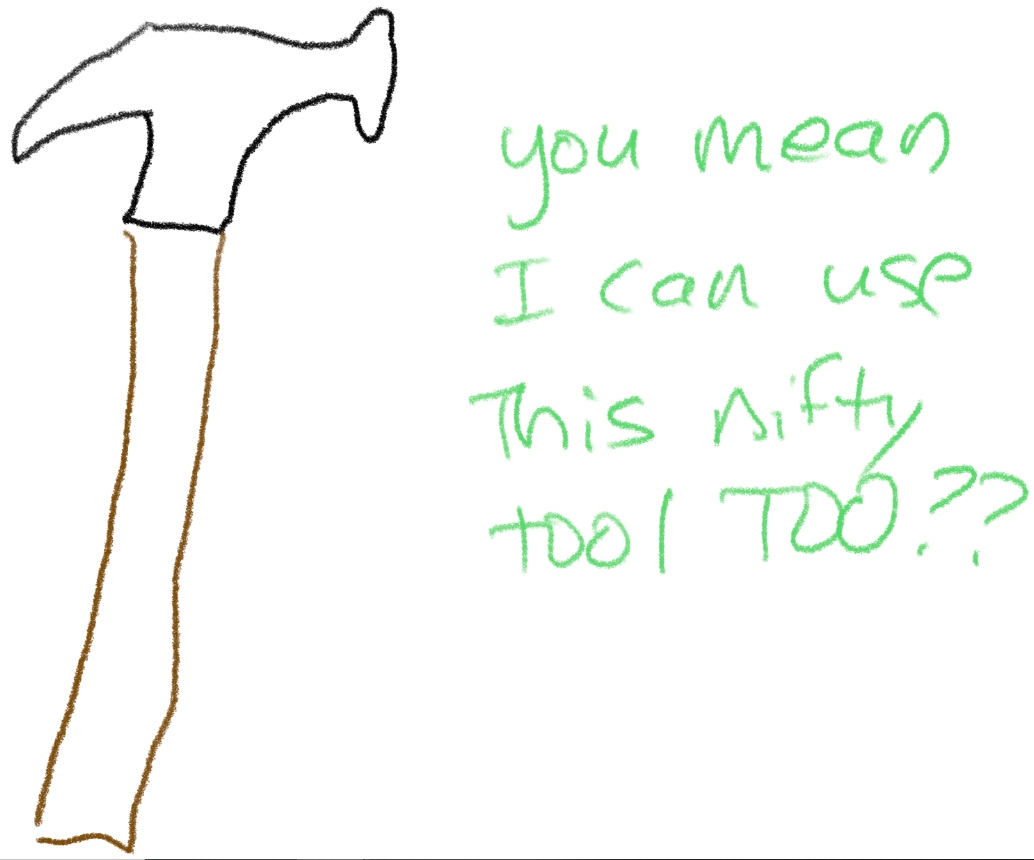Want To Be a Terrible Engineering Manager? Be a Sh*t Shield
Many new managers think their job is to “protect the team." In fact, they see that as their primary function. This is a mistake. Find out why in this article.
Join the DZone community and get the full member experience.
Join For FreeMany new managers think their job is to “protect the team." In fact, they see that as their primary function.
This is a mistake. I’ve interviewed hundreds of managers in my career. Usually, when people talk about protecting the team, it is a sign of inexperience. It is a common trap for new managers.

Why Do New Managers Focus On Being a "Shit Shield"?
If you’re a new manager, you may be stepping out of an individual contributor role. This makes you biased towards your old needs, and you are unaware of the new skills you may need to master.
You may hear phrases like, “You can be a shit shield or a shit funnel”. The virtuous answer to that phrase is to say, "Of course, I’ll be a shit shield." It sounds like an honorable thing to do, and it seems like it will make your team successful.

Also, most people find their first exposure to management politics to be painful. My first thought was, “Oh my gosh, has this been going on all the time?” It’s easy to come to the conclusion that protecting your team from that mess is desirable. You may see that as a large part of your role.
Sometimes It Is Necessary
There is some value in shielding your team. In some organizations, it may even be necessary. Dysfunction is common! You’ll find it everywhere you go.
So why isn’t positioning yourself as a shit shield a good idea?
Protection Sets up an Adversarial Relationship
When you’re focused on protecting your team, you’re setting up the rest of the organization to be your enemy. You’re setting up an adversarial relationship when that may not be necessary.
This can prevent you from being effective. Sometimes, the solutions to your team’s problems will come from collaboration. Sometimes, the solution requires structural changes. People won’t see you as a person to engage with that type of work if they see you being defensive all the time.

This can leak into how your team behaves. The team can begin to see the world as “us versus them." I often see these teams look down on sales or support.
Adversarial relationships tend to propagate dysfunction. Look for better options.
You’re Focusing on a Local Maximum, Not a Global Maximum
An organization composed of self-protecting teams isn’t an effective organization. They are all focused on their own needs, but there isn’t an ability to fix problems that are larger than the team level.

For example, you may run into a problem where support is sending you too many tickets. Instead of focusing on your team’s needs, it’s preferable to look at the larger picture. Work together with the support person, and identify what is better for both of you. You might ask these questions:
- Why are there so many tickets?
- Are we creating features that aren’t supportable?
- Are the tickets created by support because they’re not trained on new features?
- Is our documentation poor?
This meeting will result in better outcomes. A “shielder” would take a different approach:
- Tell the support leader to send fewer tickets.
- Tell the support leader you’re not going to work on many of those tickets.
This is inadequate and results in more dysfunction.
You shouldn’t compromise on your team’s needs, but see it within a larger ecosystem. This raises your effectiveness as a leader because you’re solving larger macro-problems, rather than just the issues within your team.
You Need Many Management Tools, Not One
Protecting a team is one of many tools you need in your management toolkit.

For example, let’s say there is some conflict over the product strategy. You could try to shield the team from messy conversations. Another option is that you could take the approach of an interpreter: explain the situation to them so they understand what is going on.
Having the “interpreter” management tool makes you more flexible. This is an approach that improves empathy and context for your team. That context will help even if you’re not available because the rest of the company will make more sense to the team.
You’ll find that using the “many tools to apply” as a manager is a way better mental model than the “shit shield” approach. You can be an interpreter, a system thinker, a collaborator, or a shield.
Managing “Distributed Humans”
Being a manager is working within a distributed system of humans. The more capable you become, the larger the portion of that system you’ll be able to affect. Acting as a shit shield is confining your vision to just one node of that system. That will limit your growth and potential as a manager.
So don’t be a shit shield or a shit funnel. Instead, focus on interpreting. Focus on solving the problems around your team. Focus on delivery. Focus on making things better for your team, and the people around you.
Published at DZone with permission of Jade Rubick, DZone MVB. See the original article here.
Opinions expressed by DZone contributors are their own.

Comments